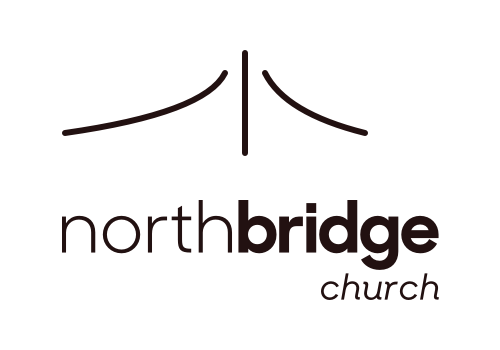Resources: Unit 4, Session 3
Sermons:
https://www.youtube.com/watch?v=D0BZkQstkjI
https://www.truthforlife.org/resources/sermon/a-lesson-in-forgiveness/
https://www.truthforlife.org/resources/sermon/after-the-funeral/
https://resources.thegospelcoalition.org/library/guilt-and-grace
Articles:
https://www.thegospelcoalition.org/article/what-joseph-story-really-about/
https://www.ligonier.org/learn/articles/purposes-god/
https://www.ligonier.org/learn/devotionals/joseph-reveals-himself/
https://www.ligonier.org/learn/devotionals/hard-providence/
Video:
https://thebibleproject.com/explore/genesis-12-50/
Fill ins:
pg 32: free actions, sinful, crucifixion
The quote is from Spurgeon. He is saying that Scripture is the very words of God, and who doesn’t love to hear the sound of God’s voice? ¹ The problem is that most of us want to hear God’s voice, but we don’t crack our Bibles, and we don’t even buy our own excuses for not doing so. We can all use some fresh motivation.
Here are ways Scripture motivates us to start reading.
Scripture is the words of God to you. Open the Bible anywhere and the words there could be introduced with “the Spirit says” (Heb 3:7). These words are bread for our soul (Deut 8:3). They bring life.
Over the past year, I have watched how they bring this miracle of life. I have seen it in friends whose bodies were dying, and I have seen it in friends who have lost loved ones. Their stories are each uniquely hard and beautiful, but there is a way they are the same. They all fed on Scripture. They asked for Scripture from others. They prayed Scripture. As a result, though they were facing death, they were profoundly alive.
Israel’s kings were directed by God to handwrite a personal copy of his words and keep it with them (Deut 17:18-20). They didn’t, of course. Hezekiah may have been the exception because he knew the Law of Moses and did not depart from it (2 Kings 18:6). Life and power were evident during his reign. Take note of Josiah, too. During his reign, an extensive rehab project of the temple was undertaken and a copy of the Law was unearthed. When it was read, the Spirit used it to revive an entire nation (2 Kings 22-23).
Scripture was the words of the Father to Jesus. King Jesus was the one who had the words of the Father close at hand. When he took on flesh, he lived with the same resources we have—Scripture—and it was food for his soul. Watch him in the wilderness. He did battle and stood firm against Satan, not because he had singular connections to the Father and the Spirit, but because he remembered Scripture—“it is written” (Matt 4:1-7).
Scripture is about Jesus. Moses wrote of Jesus. (John 5:46). The bread that came from the mouth of God (Deut 8:3) was Jesus, who said, “I am the bread of life, whoever comes to me shall not hunger, and whoever believes in me shall never thirst” (John 6:35). This means that as we feed on Scripture we are feeding on Jesus himself. The person is more prominent than the commands. Task number one in Scripture is to discover the suffering servant and risen Lord. And though we might think that an audible voice or a spectacular visitation from God would be a great boost to our confidence in what God says to us, Scripture anticipates us here. “If they do not hear Moses and the Prophets,” Jesus said, “neither will they be convinced if someone should rise from the dead” (Luke 16:31).
I have been in accountability groups in which we would ask about our times in Scripture from the week before. The reminder was helpful and the fellowship was sweet, but the reminders didn’t always get us into the Word. Perhaps a simple question would have been more effective. “Anyone want to hear words that come from the very mouth of God?” Then we could simply have read Scripture together.
¹I paraphrased Spurgeon for the title of my lecture at our 2018 Annual Conference: “Loving Your Bible: A Personal Invitation.”
Kindle Deal for $2.99
Help for asking questions.
A great resource for group leaders and personal study of the Bible


